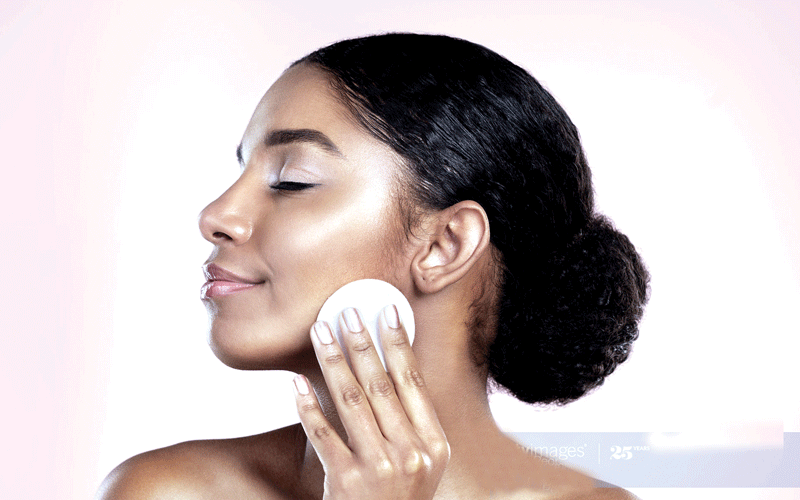Ten ways to protect your skin when wearing a face mask
By Ann Wairimu, May 21, 2020Following the coronavirus pandemic, the government announced it is illegal not to wear a face mask while in public. But in the course of being a responsible citizen, your skin may suffer. A mask creates a moist, hot environment and this can lead to a build up of sweat and oil on the skin under the mask, which can lead to inflammation, rashes, and even acne breakouts. However, there is a lot you can do to keep skin healthy while you protect yourself and others, writes ANN WAIRIMU
1. Wash your face before and after
After washing your hands, make sure you also wash your face thoroughly before and after wearing a mask.
Experts recommend using a foaming cleanser. Foaming cleansers remove oil more effectively than hydrating oils or balms will.
For people with oily skin, look for a face wash that contains salicylic acid. This will help remove excess oil and dead cells from the surface of the skin, which will prevent potential flare-ups and clogged pores.
2. Skip make-up
It might seem obvious, but if you are used to wearing make-up on your entire face, it’s time to shift your application to only what’s above eye level.
Any potentially irritating or pore-clogging ingredients should be avoided under the mask-covered skin.
Avoid foundations and concealer with heavy formulations — because the increased humidity under the mask could affect your skin’s sebum production and potentially lead to an increase in clogged pores and breakouts.
3. Create a barrier
Apply a protective barrier cream to go between your skin and the mask. It will help to reduce irritation and sores caused by continually applied pressure.
That old tub of Vaseline is about to come in handy. Protective paraffin-based ointments can help to protect sore areas of skin.
4. Shelve any strong cleansers or exfoliators
Now is the time to baby your skin to keep it protected. It’s important to use ultra-gentle skin cleansers and moisturisers.

Harsh facial cleansers can disrupt the outer skin layer, leading to dryness and inflammation. This makes it more likely that you will develop irritation from a mask sitting on your face.
5. Consider the fabric of your mask.
Whether you use a Do it Yourself (DIY) mask or buy one, the fabric you use can make a big difference.
Across the board, experts recommend avoiding synthetic materials and picking something soft and natural such as cotton.
Keep in mind, though, that breathable fabrics are more likely to filter air in. Layer tightly woven cotton to keep you protected.
6. Stay hydrated
It’s important to drink a lot of water as this is crucial to ensuring the skin’s barrier is healthy and able to protect against bacteria and irritants.
Now it’s time to drink those eight glasses of water a day and even more.
7. Load up on vitamin C
Vitamin C is essential for collagen production. Collagen encourages the renewal of cells and can help repair wounds on the skin – so if you’re finding that you’ve got bruises or scrapes from your mask, make sure you’re eating your five portions of fruit and veg.
8. Vitamin E is key
Vitamin E is a powerful antioxidant that can help to nourish skin and protect against free radical damage (which is responsible for wrinkles and aging).
You can eat your share by having a handful of almonds a day. But applying vitamin E-rich creams and oils can also soothe angry skin.
9. Treat damaged skin
If you have areas on your skin that are raw or chaffed, apply an ointment to these areas after you are finished wearing your mask for the day and then reapply this ointment at bedtime.
10. Replace mask
Ultimately, the most important thing is that you do not remove, touch, or adjust the masks when you are at risk for everyone’s safety.
If you do, clean your hands with alcohol-based sanitiser or soap and water. All skin issues are a solvable problem and can be addressed later.
Replace the mask with a new one as soon as it is damp and do not re-use single-use masks.
Discard immediately in a closed bin; clean hands with alcohol-based hand rub or soap and water.
